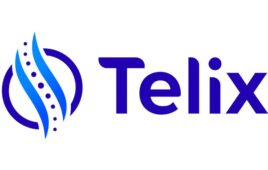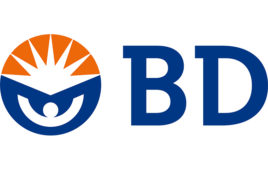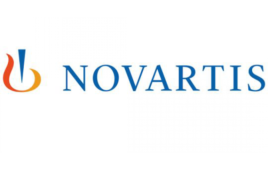NEW YORK
(AP) — Teva Pharmaceutical Industries Ltd. has agreed to buy Cephalon Inc. for
$6.8 billion in a deal that would give the world’s largest generic drug
developer a range of biotechnology drugs aimed at cancer and other conditions.
Teva, based in Israel, said Monday it agreed to pay $81.50
per share, a 5.8 percent premium to Cephalon’s closing price on Friday. The
price is a 12 percent premium to the since rejected $73-per-share offer from
Valeant Pharmaceuticals Inc., made March 29. The latest offer represents a 39
percent premium to Cephalon’s stock prior to Valeant’s unsolicited offer.
The Teva and Cephalon boards have each approved their
proposed deal, which is expected to close during the third quarter. Cephalon
shares rose $4.49, or 5.8 percent, to $81.51 in pre-market trading.
The combined company would have a portfolio of branded drugs
with $7 billion in annual sales and more than 30 potential products in
late-stage development.
“We are embarking today on a new and exciting future
for Teva’s branded business, and we are delighted that we will be working
together with the Cephalon team,” said Shlomo Yanai, president and CEO of
Teva, in a statement. “This is transforming for Teva’s branded business,
as it will help us to deliver on our strategic goal of creating a diversified,
multi-faceted company.”
The bulk of Teva’s revenue comes from generic drugs, but the
company does sell several branded drugs, including the multiple sclerosis drug
Copaxone and the Parkinson’s disease drug Azilect. Cephalon’s key drugs include
the sleep disorder treatment Provigil and the cancer drug Treanda. The company
has products aimed at a broad range of conditions, pain, cancer and central
nervous system disorders.
“Cephalon’s merger with Teva is the result of a
rigorous process that included a review of a wide-range of strategic options
undertaken by Cephalon’s board of directors and management team to maximize
value and deliver significant returns to shareholders,” said Kevin Buchi,
CEO of Cephalon.
On April 5, Frazer, Pennsylvania-based Cephalon rejected
Canada-based Valeant’s $73-per-share, or $5.7 billion takeover bid, calling the
offer too low. Valeant then moved to make the offer directly to shareholders
and nominated candidates for the Cephalon’s board.
Teva said the Cephalon buyout will give the company’s
earnings a boost within the fourth quarter of closing.
The deal also comes just a week after European Union
antitrust regulators said they are investigating whether Cephalon and Teva were
working together to keep a generic version of Provigil out of the European
market. In 2005, the companies settled patent disputes relating to Provigil —
which is also known as Modafinil — in the U.K.
and the U.S.
As part of that deal, Teva agreed not to sell its generic
version of Provigil in the EU as well as Iceland,
Liechtenstein, and Norway before
Oct. 2012, the EU’s competition watchdog said. The European Commission is now
probing whether the deal broke competition rules.




